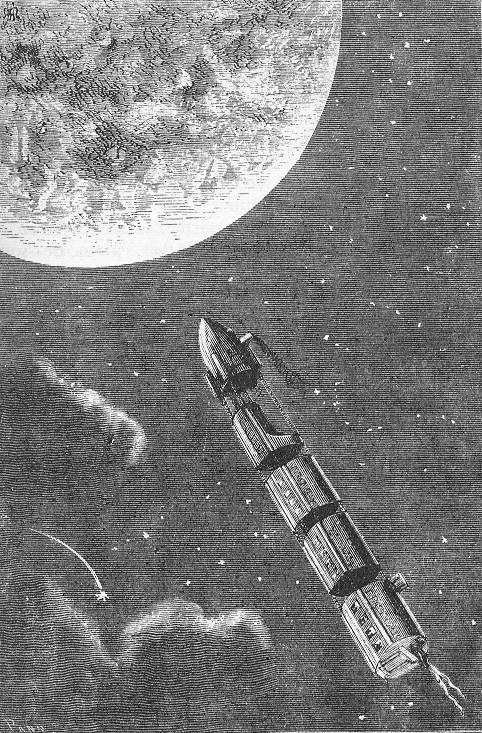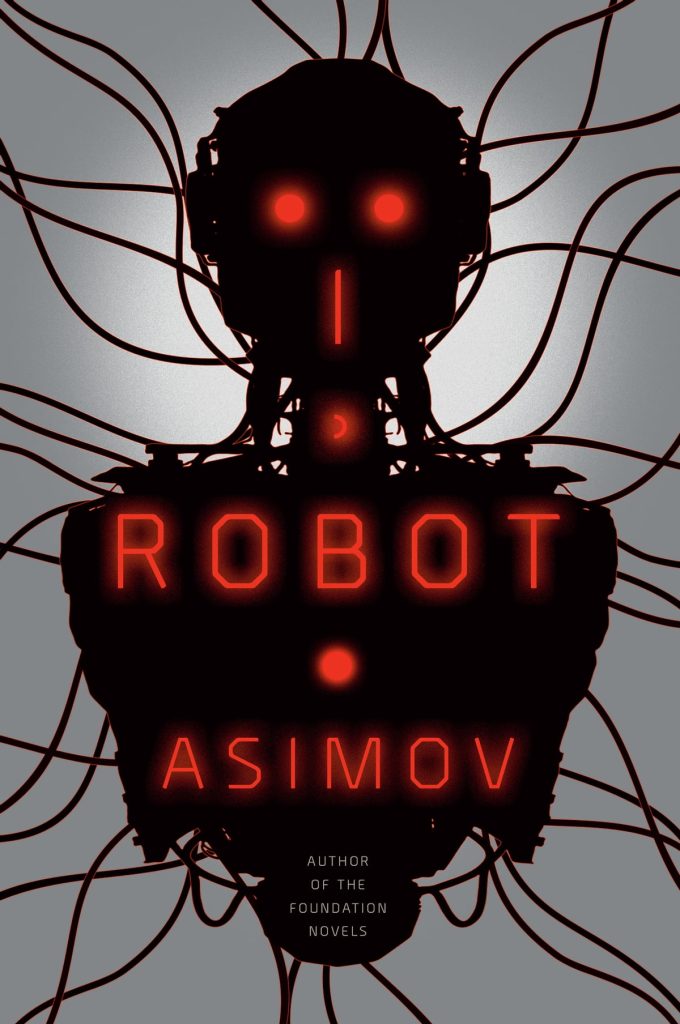If you use any web article aggregator, you’ve likely come across a listicle rhapsodising about “15 Incredible Things That Sci-Fi Got Right About the Future”: Ray Bradbury’s wireless earbuds, Frederik Pohl’s device with all the functions of a modern smartphone, the widespread applications of the internet… All these articles are instances of futurism or futurology, the idea that the purpose of science fiction is to predict the future, so that we can prepare for it or hasten its arrival. But futurism has its issues as an approach to science fiction, and has not been in favour for many years, so lists of this kind are rather reductive. Although some science fiction might aim to forecast the future, its works derive their value from some quality other than their predictions that came true.

Futurism was the animating principle behind much science fiction writing in the early twentieth century. The works of H. G. Wells that were written as accounts of the future are especially famed for their prescience, and included predictions about aerial warfare, aspects of the two world wars, and even a sketchy conception of the atomic bomb. During the Golden Age of Science Fiction, futurist attitudes also helped to define science fiction, which was still an emerging genre. John W. Campbell, editor of Astounding magazine, insisted on a measure of scientific rigour in the short stories his magazine published, which helped distinguish this more serious writing from the pulpy space operas that were common then. The leading writers of the time tended to think seriously about the future in their work too: Hugo Gernsback wrote of solar power, and Isaac Asimov discussed artificial intelligence. Can the same hold true of science fiction today? Could it really serve as a guide to the future? Well, as impressive as some predictions of early science fiction are—for instance, the uncanny description of ebooks in Stanisław Lem’s From Earth to the Stars—many of them didn’t come true. We’re still waiting for the lunar colonies that Arthur C. Clarke’s 2001: A Space Odyssey promised we’d have by now. Science fiction must have some objective other than divining the future, because it’s an inconsistent oracle at best.
In fact, early science fiction writers tended to reject the suggestion that their stories were sincere predictions, preferring to call them “possibilities” instead. Smart move on their part, because stories that are concerned with overt prediction, like the listicles are, have a short shelf life. Either their predictions come true and have nothing more to offer the reader, or they are proven wrong and are therefore useless.
If we take futurism as fact, then, science fiction becomes a genre of short-lived stories with a limited success rate. The possibilities suggested in vintage science fiction that came to pass might be impressive, but there’s plenty that were off the mark and that we happily read anyways, like the scientific adventures of Jules Verne. But if science fiction is not about the future, then what is it about?

Much as Golden Age authors renounced the label of prophet, later writers dismissed the idea that their work was about the future at all. Inspired by the many social movements of the 1960s and beyond, they began to take a more humanistic approach to science fiction, subjugating its technological elements to the sociological story that they wanted to tell. Around this time, authors began to describe the genre as a commentary on their contemporary world that exaggerated certain features of society in order to remark on them.
Ursula K. Le Guin, for example, called science fiction a genre of thought experiments, the purpose of which are “not to predict the future […] but to describe reality, the present world […] Science fiction is not predictive; it is descriptive.” This philosophy had been around earlier, mostly in dystopias like Aldous Huxley’s Brave New World (published 1932) and George Orwell’s 1984 (published 1949), but only at this point did it become the general consensus on the role of science fiction. Many writers still subscribe to the scifi-as-social-commentary view today, like Margaret Atwood and Neil Gaiman.
This perspective holds that the sentiment conveyed in the listicles is completely wrong, even in the softened form expressed by Golden Age writers. Correct predictions are totally incidental, and to think of the work as an account of future possibilities is missing the point; a story’s futuristic elements simply exist to create a setting where contemporary issues can be exaggerated and examined.
Can this view take the place of futurism? Not exactly. It’s susceptible to the same issue that futurism has: it can’t explain why we continue to read science fiction that was written about bygone eras. The anxiety about mechanical automation that fuels Kurt Vonnegut’s Player Piano, for example, is no longer relevant, yet the novel is still in print. Besides, the futurist attitude never really went away. Even though it’s a less popular idea in science fiction today, it’s exemplified in the writings of current authors like Andy Weir, Neal Stephenson, and Martha Wells. These works reject Le Guin’s idea of the thought experiment to reveal something about society at a particular time.
Science fiction does imagine possible futures, and it does help us understand the present. But neither quality is what makes a piece of science fiction literature endure. The stories will inevitably show their age as their imagination is outpaced by the wheel of progress. What will remain at that point to intrigue future readers are their universal ideas. Futurist science fiction isn’t just about extrapolating scientific progress, it’s about what these developments would do to humanity. Social commentary scifi, in addressing the concerns of the society it was written in, also has things to say about all societies. In this respect, science fiction is no different from any other genre. We read all fiction to learn something about the human condition…and, of course, for a good story.
